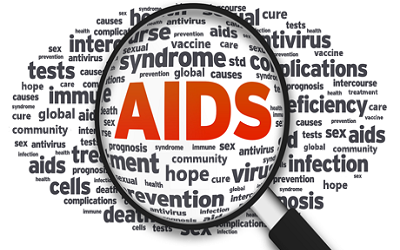随着PTE考生对PTE口语和PTE听力的重视,大家口语和听力的分数得到极大提高,但是PTE阅读渐渐成为
考生们新的难题。墨尔本悉尼文波PTE特别为PTE考生们挑选了适合练习PTE阅读的文章,主题,内容,长度都与PTE阅读题中的文章相似。激活学过的词汇,更新新的词汇,提高阅读速度,全面提升自己的阅读能力
New HIV Genetic Evidence Dispels “Patient Zero” Myth
HIV probably arrived in the U.S. around 1971—a decade before AIDS was recognized as a disease and a dozen years before scientists discovered the virus that causes it—according to a new analysis of viral genomes from New York City and San Francisco. The genetic evidence upends a longstanding myth that a French-Canadian flight attendant started the U.S. epidemic when he slept with men in California and New York in the early 1980s.
This revised timeline comes from a close examination of blood samples taken from men in the late 1970s for hepatitis B testing and that of the man blamed for being the U.S. epidemic’s “Patient Zero.” For this new work researchers managed to isolate HIV in eight of those 1970s blood samples and sequence the viruses’ genomes. The genetic diversity of the HIV samples from those early dates lays bare the fact that the virus had been circulating—and mutating—in the country throughout the 1970s. The team’s molecular clock work even suggests that the U.S. strain of the virus had hopped from Africa to the Caribbean by about 1967, moved to New York City by about 1971 and from there to San Francisco by about 1976.
The virus’s family tree was sketched out by a group of international disease experts and a medical historian. They sequenced HIV genomes from patient blood samples and examined how the virus mutated over time. By comparing the eight genome sequences to HIV samples from the Caribbean and Africa and assuming certain rates of mutation, the researchers found that there was already striking genomic diversity in the virus around the U.S. by the late 1970s. This suggests HIV had already been evolving within U.S. hosts for years. Similar genetic clock methods have also cleared 2014 World Cup soccer tournament fans of introducing the Zika virus to the Americas, and have helped epidemiologists track foodborne outbreaks.





